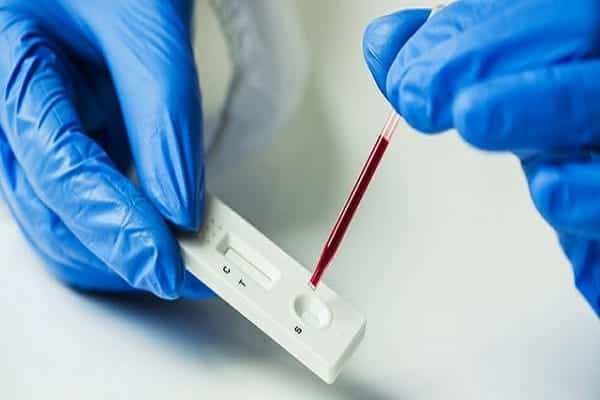‘May be poisonous’: Warning issued for COVID-19 rapid antigen test kits in Mississauga, Brampton, Hamilton and across Canada
Published February 26, 2022 at 8:18 pm

Following an increase in reports to poison control centres, Health Canada is warning the public about potential risks regarding COVID-19 rapid antigen test kit solutions.
While Health Canada says the kits are safe and effective when used as intended, they include liquid solutions with chemical preservatives (such as sodium azide and Proclin) that may be poisonous if swallowed or absorbed through the skin.
Accidental ingestion or skin exposure to even small quantities of the solution may cause negative effects, particularly in small children and pets.
“Small doses of sodium azide can lower blood pressure, and larger doses may cause more serious health effects,” says Health Canada. “Proclin is also found in many kits. It contains chemicals that can cause skin and eye irritation, as well as allergic reactions.”
Health Canada says it’s aware of approximately 50 calls made to poison centres in Canada related to accidental exposure, which have resulted in minor health outcomes.
The government department maintains that, while these kits are overall safe and beneficial for self-testing, the product labelling and instructions may not describe or disclose the risks associated with misuse or accidental ingestion.
“This advisory is intended to help fill that labelling gap, and warn Canadians about the risks associated with misuse, accidental ingestion or spillage of rapid antigen test kit solutions.”
Residents are advised to:
- Keep rapid antigen test kits and solutions out of the reach of children and pets.
- Avoid swallowing the solutions and avoid eye and skin contact.
- Wash hands thoroughly after use.
- If spillage occurs, rinse well with water.
- Follow all instructions for proper disposal.
- Report any health product-related side effects or complaints to Health Canada.
- Contact your local Poison Information Centre in cases of accidental ingestion of chemicals or direct skin exposure.





